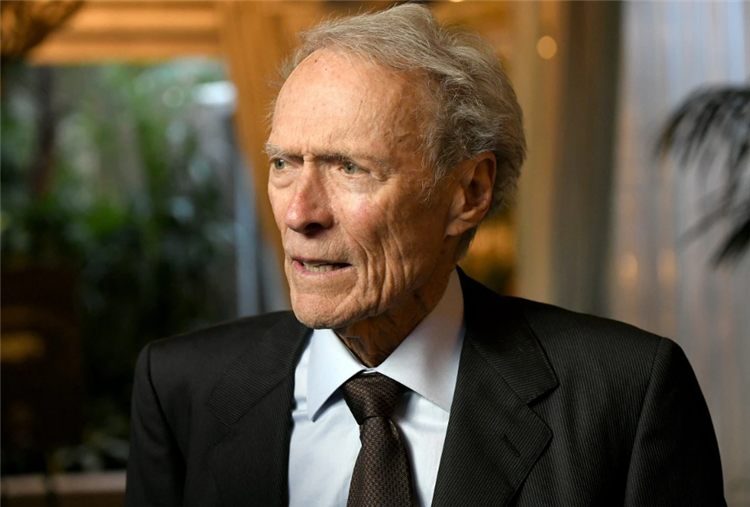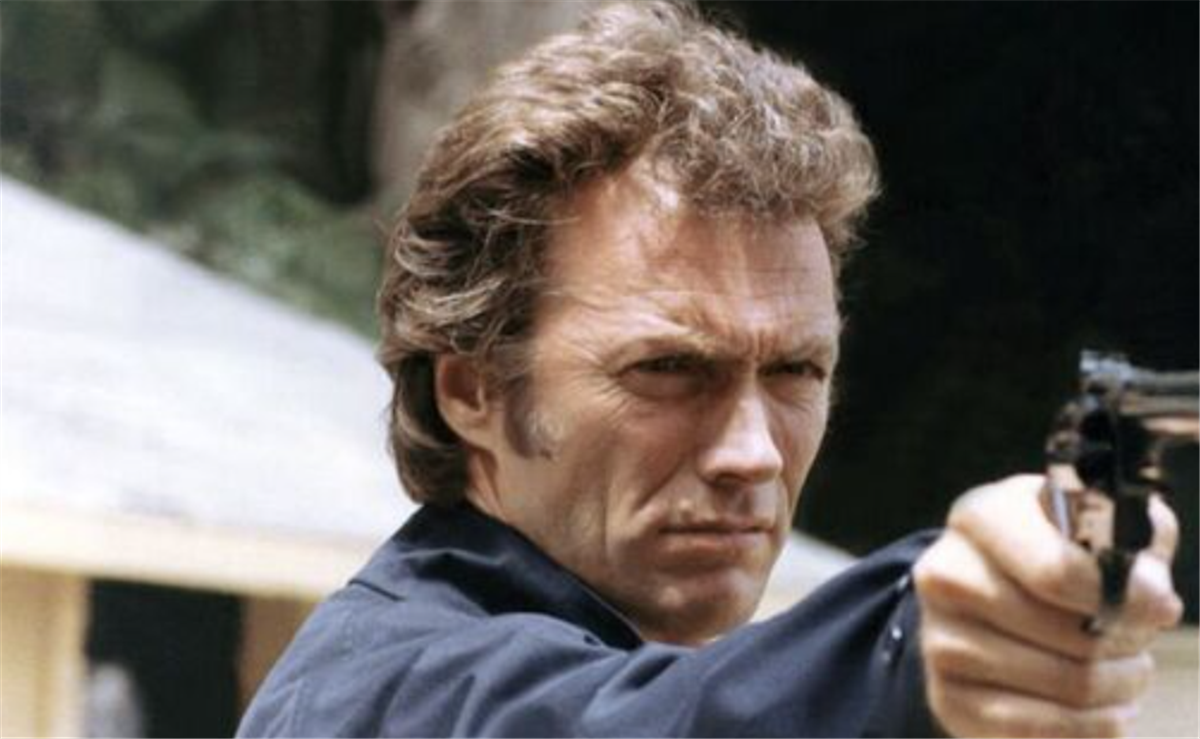There are several things true about the cinematic force that is Clint Eastwood. One fact is that he is considered one of the greatest actors and directors of his generation. Coming through with his role as ‘The Man With No Name’ in Sergio Leone’s Dollars trilogy, Eastwood established himself as a big name in the world of the American western.
The Californian actor went on to star in some excellent films throughout his career, including the Dirty Harry movies, Escape from Alcatraz, and Unforgiven. He also cemented himself as a well-respected director, taking the reigns on films such as The Bridges of Madison County, Gran Torino and Million Dollar Baby, all of which he also starred in.
Another fact surrounding Eastwood is that he has endured his fair share of feuds with several fellow actors and directors over the years. One of the most notorious incidents actually led to a rule being created in Hollywood. ‘The Eastwood Rule’ was made after the actor had a run-in with director Philip Kaufman on the set of The Outlaw Josey Wales.

The 1972 film starred Eastwood in the lead role as a Missouri farmer who takes revenge on the Civil War Union soldiers who murdered his family by joining a Confederate guerrilla outfit. Josey Wales eventually becomes an outlaw who is pursued by the Union as he tries to move on from the events of the showdown and create a new life for himself.
Eastwood had personally financially contributed to obtaining the film rights of the story of a 1972 novel written by Cherokee writer Forrest Carter before Kaufman and Michael Cimino contributed to the script. However, a battle ensued between Kaufman and Eastwood in that Kaufman wanted to stick as closely to the original story as possible whilst keeping most of the mannerisms of the character Josey Wales, who Eastwood was to play.
Kaufman had also been upset about the book’s political stance and felt that it had been written by a “crude fascist” – Forrest Carter had been the nom de plume of Asa Earl Carter, a Ku Klux Klan leader and speech writer for the segregationist political George Wallace. The parts of the novel which appealed to the right-wing policies that Carter subscribed to ought to have been removed from the film, according to Kaufman.

However, Eastwood felt utterly opposed to this idea. The two men were also rumoured to be romantically interested in the actor Sondra Locke, who Eastwood cast against the wishes of Kaufman. All these facets of the burgeoning feud came to a head; Eastwood sacked Kaufman and took over directing responsibilities himself.
This caused a stir in the Directors Guild of America, who fined Warner Bros, the studio behind the movie, a fee of $60,000. The DGA then passed a new law called ‘The Eastwood Rule’, which would prevent an actor or director from firing a film’s director to become the director themselves.
